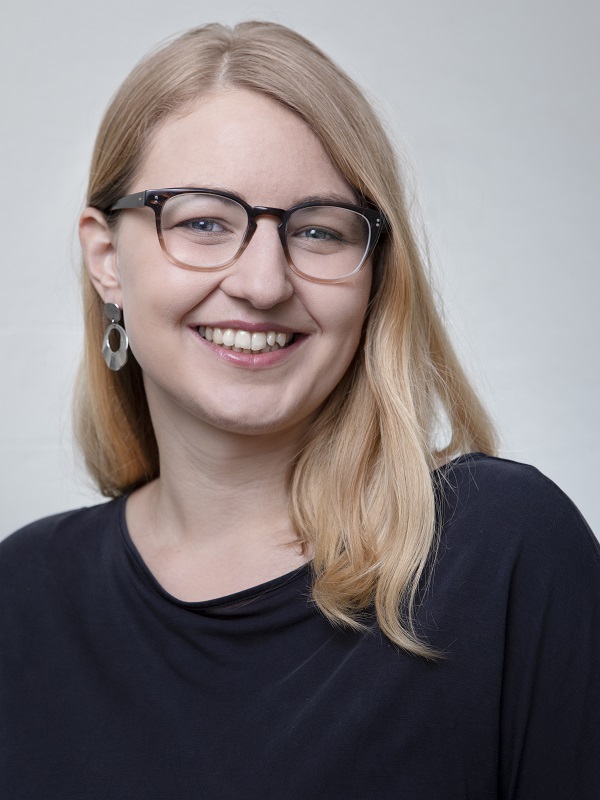CEH welcomes visiting PhD Franziska Dahlmeier
Franziska is researching artificial ecologies and practices of care in botanic gardens

The Centre for Environmental Humanities is excited to introduce Franziska Dahlmeier, our ‘virtual’ visiting PhD student for the autumn term. Hailing from the sociology department at the University of Hamburg where she is a Graduate Research Assistant at the Chair of Social Theory, Franziska is researching the artificial ecologies and infrastructures of care at work in the Royal Botanic Gardens at Kew, London.
Fascinated by the idea of botanic gardens as sites of multispecies care and affectivity as well as of colonial legacies and control, Franziska undertook fieldwork in the Tropical Nursery at Kew – an area closed to the public, where the plants are not on display but being nurtured for conservation and scientific purposes. Here, she found a conservation project which, as she puts it, “troubles all the notions of artificiality and naturalness, care and control, conservation and domination.” The garden has re-imagined itself as a ‘Noah’s Ark’ for plant species, yet ironically it began as part of the British colonial regime that seeded many plants’ destruction.
“I was working with the gardeners there,” she says, “in these highly technological settings where humans are trying to preserve ‘nature’ – plants who are either already extinct in the so-called ‘wild’, or on the edge of extinction – in a setting that was also part of colonial history, part of the destruction of the habitats of the plants that they are now trying to preserve… This is the whole messy assemblage I’m looking at.”
That said, Franziska doesn’t mean just to critique plant conservation – she’s interested in practical questions of what artificial ecologies can contribute to fighting against mass extinctions and climate change, and seeks ways of engaging with problematic settings in a productive manner. Inspired by scholars in feminist Science and Technology Studies (STS) like Donna Haraway and Maria Puíg de la Bellacasa, her former supervisor, Franziska is enthusiastic about the potential of the Environmental Humanities for enabling collaborations between natural and social scientists, supporting upcoming scholars with their interdisciplinary projects, and “bringing people together from different backgrounds to start weird conversations.”
Franziska will be speaking in our virtual seminar series, Saving European Nature: Longing for Landscapes Past, in November.
